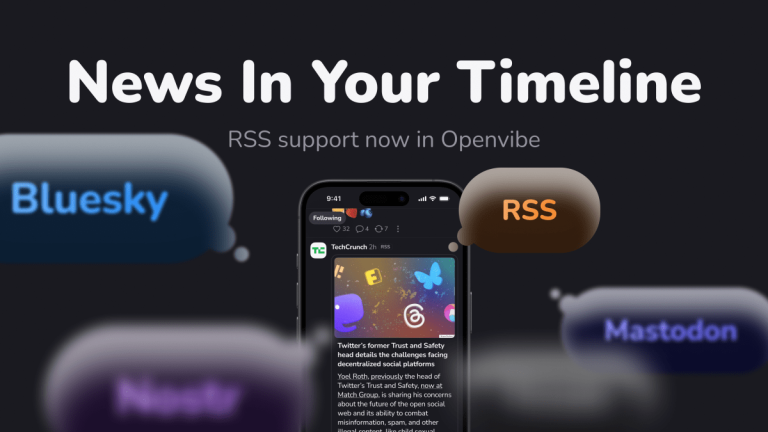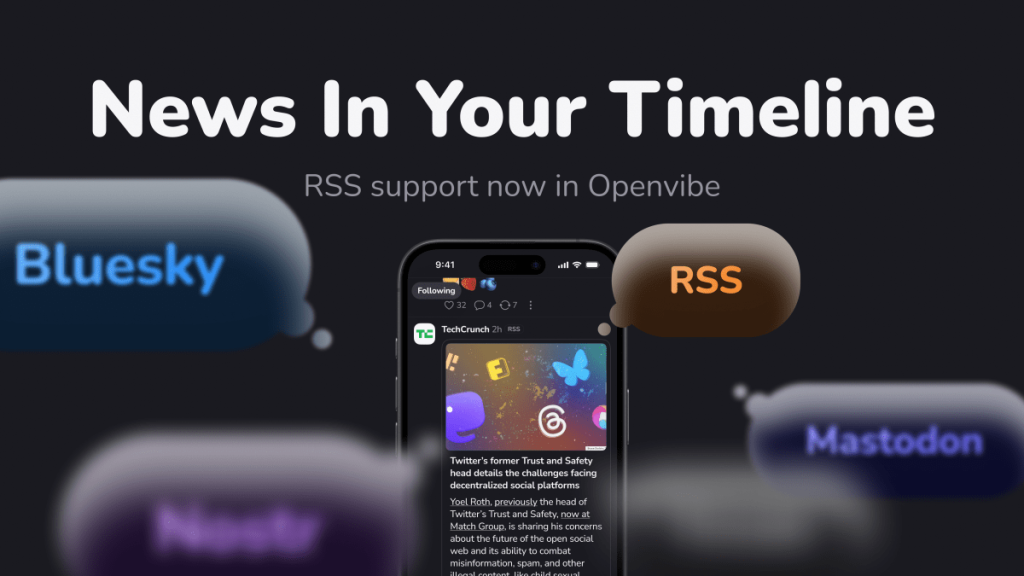AI coding startups are facing significant financial challenges despite rapid growth and high valuations, according to industry insiders. The allure of AI-powered development tools clashes with the harsh reality of unsustainable costs tied to reliance on large language models (LLMs). Companies like Windsurf, once valued at nearly $3 billion, have struggled with “very negative” gross margins due to the expense of cutting-edge AI infrastructure. Their failed acquisition by OpenAI and subsequent sale to Google and Cognition underscores the precarious balance between innovation and profitability in this sector.
The financial strain stems from the escalating costs of licensing advanced LLMs from providers like Anthropic and OpenAI. AI coding assistants demand up-to-date models optimized for tasks such as debugging, forcing startups into a cycle of high operational expenses. This pressure is compounded by intense competition from established players like GitHub Copilot and Anysphere’s Cursor, which already boast large user bases. Meanwhile, efforts to reduce costs by developing proprietary models—as Anysphere is attempting—come with their own risks, including technical complexity and resource allocation challenges.
Market dynamics further complicate the path to profitability. Startups in this space face pricing model instability, with some companies introducing surprise fees to offset rising LLM costs. For example, Anysphere recently adjusted its pricing structure, leading to customer backlash over unexpected charges. Despite generating over $500 million in annual recurring revenue, even leading platforms like Cursor risk losing users if competitors offer superior tools. Investors speculate that reliance on third-party AI providers leaves these startups vulnerable to market shifts and competition from the very companies supplying their technology.
The situation raises broader questions about the viability of businesses built atop LLM infrastructure. While some, like Anysphere, bet on falling AI inference costs over time, others question whether expenses will decline as anticipated. Recent model releases, such as OpenAI’s GPT-5, suggest pricing may become more competitive, but uncertainties remain. The struggles of AI coding startups highlight a critical challenge for the industry: innovating fast enough to justify costs while retaining customers in a market where loyalty hinges on performance and affordability.















